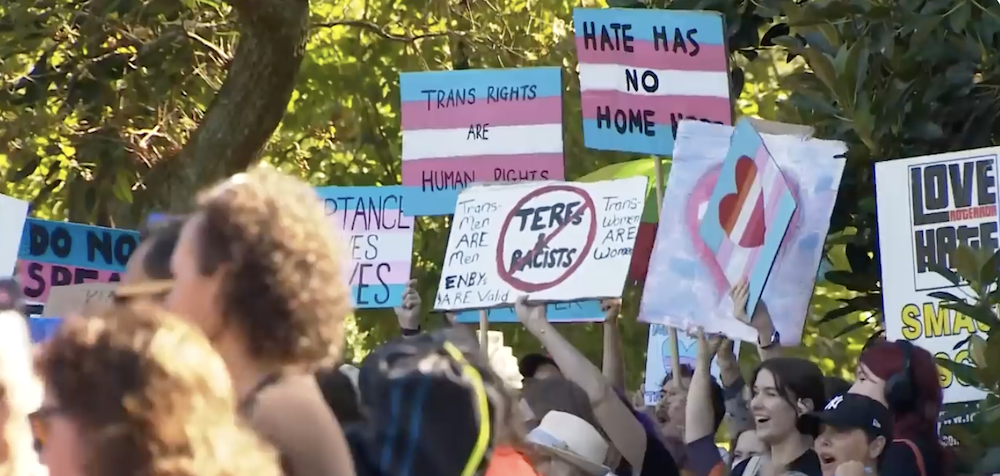
Americans Still Not Comfortable Around HIV Positive People

59% of Americans wrongly believe that it is important to be careful around people living with HIV to avoid catching it, while around 50% would be uncomfortable being with a positive medical professional, partner or a hairdresser.
These are the findings of a new State Of HIV Stigma Study 2020, a survey conducted in the United States by LGBTQI media advocacy group GLAAD in partnership with pharma company Gilead Sciences.
A majority of Americans said that there was stigma around living with HIV – 89% agreed that “there still is stigma around HIV,” and 88% said “people are quick to judge those with HIV.”
“HIV stigma and misinformation create substantial romantic, economic and mental health consequences for people living with HIV,” said Sarah Kate Ellis, President and Chief Executive Officer of GLAAD in a press statement.
“HIV shouldn’t define you, and it certainly shouldn’t impact your job opportunities and social relationships. The need for more education couldn’t be clearer. Stigma has a real impact on people living with HIV and those most at risk of contracting the disease. If people don’t feel comfortable talking about HIV, then they won’t feel comfortable to get tested or seek treatment,” said Sarah.
Acceptance of people living with HIV appeared to be still not universal among both LGBTQI and non-LGBTQI people. One of the questions asked was about the comfort levels around people living with HIV in different settings. Around 56% of non-LGBTQI and 45% of LGBTQI respondents said they would be uncomfortable with a doctor, dentist or medical professional who was living with HIV.
50% of non-LGBTQI and 40% of LGBTQI respondents said they would be strongly or somewhat uncomfortable with a partner or spouse who was positive. When it comes to a barber or hairstylist who was living with HIV, 47% of non-LGBTQI and 49% of LGBTQI respondents said they would be uncomfortable.
“In 2020, people living with HIV shouldn’t have to worry about how people will view or interact with them on a daily basis. These views can negatively impact mental health, job opportunities, and seeking friends and romantic partners,” the report said.
The study was conducted in November and December 2019 online among a sample of 2,506 adults over 18.
“The State Of HIV Stigma Study found that only half of American adults feel knowledgeable around HIV and that high levels of perceived stigma around HIV still exist. We must change this,” said Sarah. The report pointed out that it was heartening to note that a large majority supported awareness about HIV in schools and also believed that “people living with HIV can lead productive and happy lives.”
Read the full report here.









